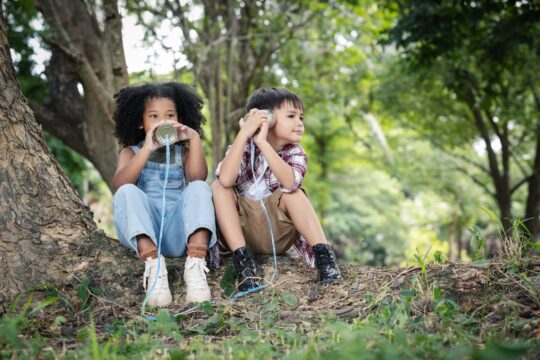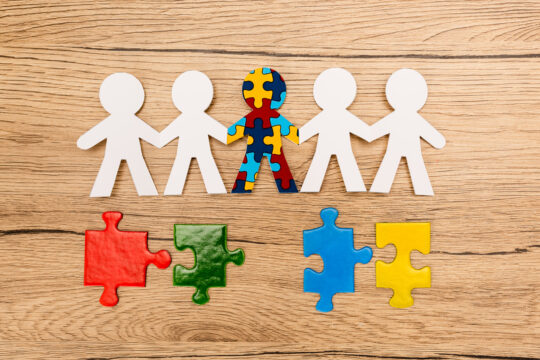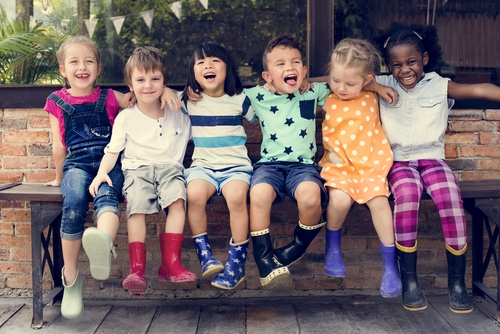Navigating the 2023 Changes to the EYFS: A Comprehensive Guide

The EYFS framework is the cornerstone of early childhood education in the UK—a guiding compass that influences how we nurture and educate our youngest learners. It’s a dynamic document that evolves in response to research, insights, and the ever-changing landscape of education. In this comprehensive exploration, we’ll not only uncover the upcoming changes but also dissect their implications, benefits, and the ways they align with the best practices of early years care and education.
The EYFS has always been a tapestry that interweaves learning, development, and care, embracing the holistic nature of early childhood. The revisions set to come into effect this year hold the promise of refining this tapestry, enhancing its patterns, and weaving in the latest insights from educational research. Our journey will be a close examination of the key areas impacted, from curriculum guidance and assessment to the role of educators and parental engagement.
Amidst these changes, our commitment remains unwavering—to provide children with nurturing, enriching environments that lay the groundwork for a lifelong love of learning. We’ll delve into the ways these changes empower educators to create even more responsive, engaging, and inclusive settings that cater to the diverse needs of each child.
1. A Revamped Curriculum: The heart of the new EYFS lies in its revitalized curriculum approach. With a focus on holistic learning, settings now have the freedom to design their educational programmes while adhering to the framework’s core principles. This empowers educators to tailor experiences that meet the unique needs and interests of each child.
2. Assessment Evolution: Bid farewell to the old-style assessments! The 2023 changes usher in a more insightful approach to assessment. Continuous observation and assessment will drive teaching strategies, providing a real-time understanding of a child’s development journey. This shift promotes personalized learning and growth tracking.
3. Language, Language, Language: Early language development takes center stage. The updated EYFS underscores the significance of fostering strong communication skills from the outset. Expect to see immersive language-rich environments that nurture expressive and receptive language abilities.
4. Well-being Warriors: Children’s mental health and well-being receive heightened attention. The EYFS now encourages settings to proactively support emotional development and resilience. By nurturing well-being, we’re sowing seeds for confident, emotionally intelligent individuals.
5. A Tapestry of Inclusion: Inclusivity is woven throughout the new framework. With clearer guidance on supporting children with SEND, early years settings are stepping up their game in creating nurturing environments where every child thrives.
6. Nature’s Classroom: Outdoor learning gains prominence. The EYFS revisions emphasize the value of outdoor exploration and play, aligning with research that highlights the holistic benefits of nature-based experiences.
7. Parental Partnerships: Stronger bonds between practitioners and parents are encouraged. Regular communication and involvement create a united front for supporting a child’s development journey. Expect collaborative strategies that bridge home and nursery learning.
8. Streamlining for Success: The 2023 changes acknowledge the value of educators’ time. By reducing administrative burdens, the EYFS allows practitioners to dedicate more energy to teaching and engaging with their little learners.
These changes mark an exciting chapter in the UK’s early years landscape. As we embark on this transformative journey, I’ll be your compass, guiding you through practical tips, insights, and strategies that align with the new EYFS. Together, we’re nurturing a generation of curious, resilient, and empowered children.
If you would like to further your knowledge of the EYFS 2023 changes why not enrol on our Early Years Foundation Stage 2023 course



Comments are closed.